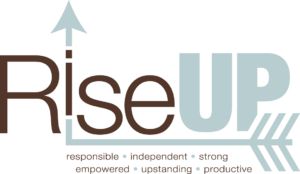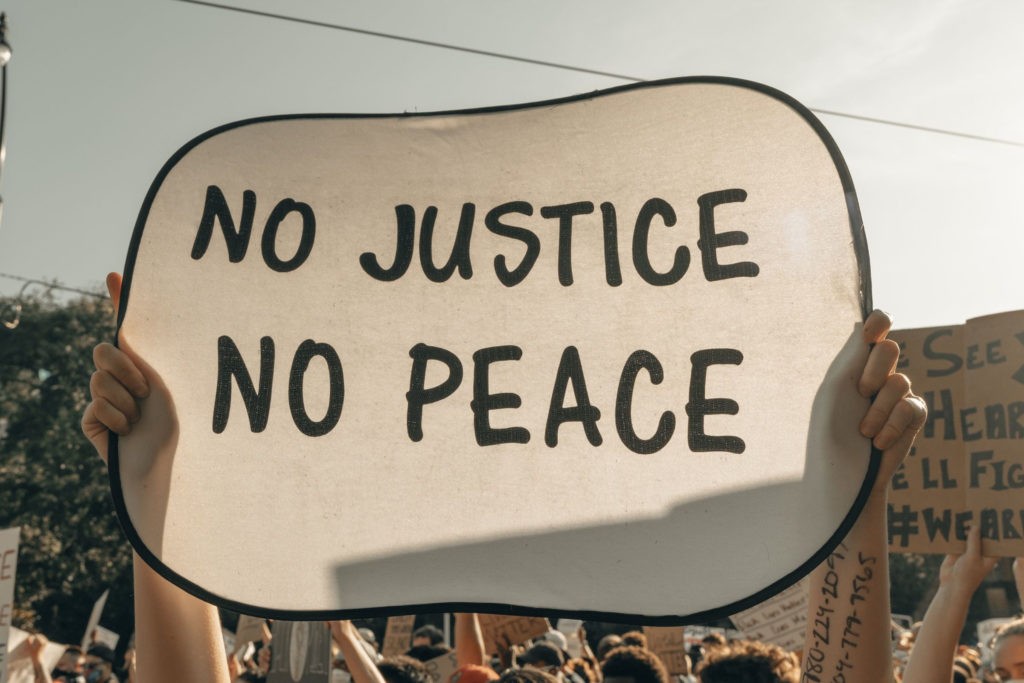February 20th was first designated as World Day of Social Justice beginning in 2009. Its main goal is to reflect on the significance of social justice for world peace, security, and advancement. The World Day of Social Justice celebration helps to raise global awareness and bring together diverse communities of individuals who want to solve the problems that have been brought into the spotlight.
To illustrate the importance of this day, let’s review a few themes from recent years:
• 2015’s theme was ending human trafficking and forced labor for the approximately 21 million men, women, and children who suffer under modern slavery. Victims of forced labor are usually the most vulnerable, and shining a light on the injustices they face can influence people in power to help stop these crimes.
• 2018’s theme was “Workers on the Move,” which launched a quest toward social justice for the estimated 258 million migrated workers worldwide. Issues of concern include forced child labor, poor working conditions, workplace health hazards, exploitation of various human rights, and entrapment in low-wage jobs. Most migration today is linked to the search for decent work opportunities, but unemployed international migrants are often exploited because of their need to work. Focusing on empowerment helps to stop the cycle of abuse for migrant employees.
Celebrating the World Day of Social Justice gives those of us who have never been personally affected by these injustices an opportunity to learn what it’s like for the people who must face them every day. For example, I have never needed to migrate to another country, so I am not familiar with the hardships of migrant workers. Likewise, I’ve never been forced to work for people who exploit me and keep me in a position of having no power, and I was not born in a country where I had no voice to speak up about an injustice happening to me.
Learning about the hardships that others face helps those of us with privilege and power learn what is going on and how we can make a difference. When starting to learn about a social injustice, think about how it might feel if the injustice was happening to you or to a loved one in your family; then, ask yourself what you hope others would do to help you.
In addition, here are some things you can do to learn more:
• Research a social injustice issue that is new to you.
• Let your curiosity spark a conversation with family and friends about social justice issues.
• Learn about another culture or language to gather more information.
• Post about social justice on social media to share information with friends and to help explain how others like you can help.
Big-screen dramas can also help a beginner activist learn more about social justice. They show why some people commit injustices as a result of a community norm or prejudice, they demonstrate how getting together and talking about issues they are dealing with can help to solve some of the problems they are facing, and they help us understand how people can treated differently based on their income, race, culture, and/or background.
Here are some films that explore social justice issues:
• Remember the Titans – This PG film shows how a coach teaches his football team how to deal with race issues and become a family.
• Hidden Figures – This PG movie is based on three real women who worked at NASA during the early years of America’s space program. These brilliant individuals overcame race and gender issues to help their country reach its aerospace agenda.
• Akeelah and the Bee – This PG film helps teach about socioeconomic issues and racism as a gifted student faces pressure from her predominantly black neighborhood.
• Best of Enemies – This PG-13 movie is about a town trying to vote on whether black students and white students should go to the same school. It shows how the community deals with racism, socio economic issues, and education rights.
Jessica Frye is studying social work at the University of Tennessee in Chattanooga and wrote this while an intern at RiseUP Cooperative.



